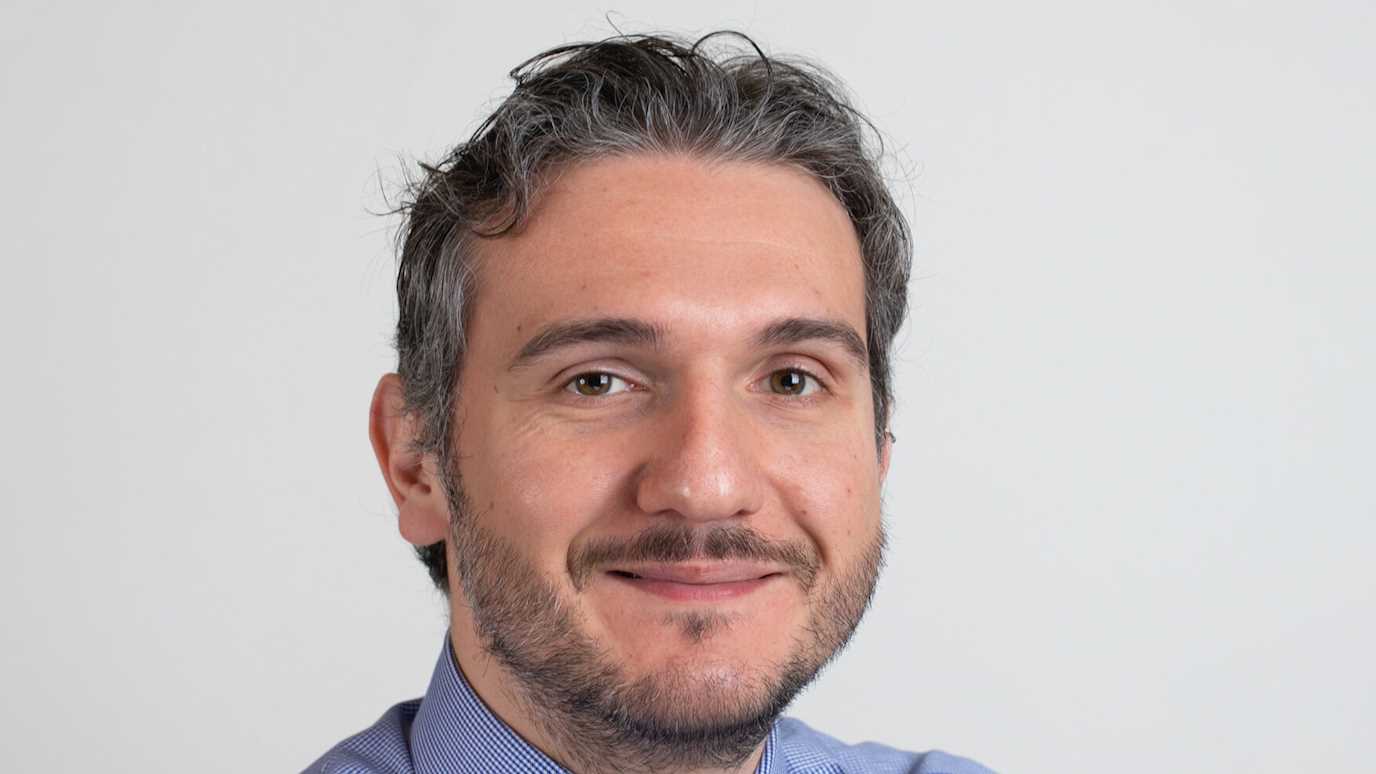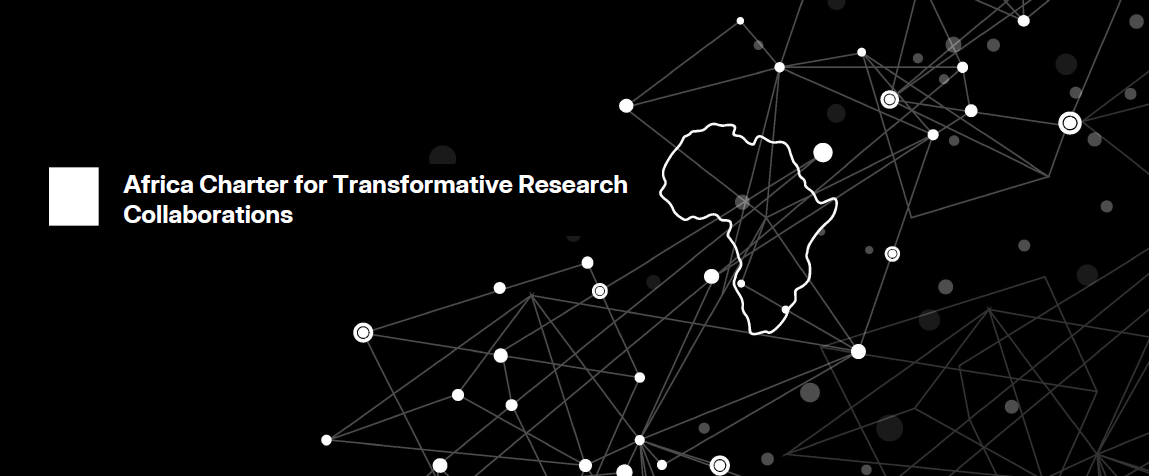Royal Holloway is leading a global project examining how communities respond to criminal groups and how these organisations exert power.

or meThe Secret Power project led by Royal Holloway’s Professor Giovanni Travaglino, Director of the Institute for the Study of Power, Crime, and Society brings together an interdisciplinary research team from nine leading universities across the globe.
Criminal organisations such as mafias, large gangs and other criminal groups have a devastating impact on national economies and their security and can have substantial political and social influence. Despite their profound impact, communities often hesitate to resist these criminal entities or collaborate with legal authorities to counter them.
Professor Travaglino said: “We want to understand why people and communities sometimes tolerate organised crime. And beyond that, why they might come to admire and develop loyalty towards them. We’re also analysing how criminal organisations establish relationships and systems of power and how they manage to embed themselves in society, so we can increase community resilience against them.”
The five-year research project currently centres on the UK, Italy and Japan.
Professor Travaglino continued: “We chose to focus our research on Italy – due to its infamous mafia groups. Japan is home to the Yakuza, a group which has similarities with the mafia but is less powerful and in decline, and so offers us an interesting comparative context.
In the UK, there is a lower presence of mafia groups, but a high concentration of smaller gangs and criminal networks. These countries present different dynamics for a better understanding of how social relationships between criminal groups and communities develop in varying contexts.”
The project uses a new multimethod approach that addresses how ideologies, values and identities may allow criminal organisations to hold power in society and aims to transform scientific understanding of criminal governance, providing strong quantitative evidence that will help inform policy and educational interventions.
“Criminal organisations control territories in places where there is a strong democracy and still manage to exert considerable influence,” said Professor Travaglino.
“We start our research from the assumption that relationships between communities and criminal groups cannot just be about coercion and fear. These organisations wouldn't be able to survive as they do if they based the entirety of their power on coercion. There is a lot of that, but not only that. Our research looks at what else is there.”
The ongoing project has three aims. To measure perceptions of criminal organisations; collect data to analyse the complex interplay between individuals and criminal organisations; and to record and analyse the perception of criminal organisations in adolescents – a pivotal stage where attitudes towards authorities are formed.
“The focus of this work is to ultimately help local communities. We want to know how we can vaccinate communities against this problem. The data we collect and the psychological models we develop from this research will be useful for policymakers and practitioners, from law enforcement to NGOs. A huge part of this work will involve studying early adolescence and there is a lot of scope for this to help inform youth engagement, social work and anti-gang organisations too.”
The team has already begun workshops and discussions with the UK Police and National Crime Agency, as well as Surrey and Sussex Police.
For Professor Travaglino, the work is both personal and a natural progression of his extensive research to date on deviance, masculine honour, honour values and power dynamics.
“I’ve always been interested in the dynamics of power and resistance, how people recognise authority and respond to it. Growing up in South Italy, where these groups are powerful and seeing a problem that sometimes can be invisible to people outside that context, directed my attention to an issue that had high applied relevance,” he added.
“The influence of criminal organisations is often examined from an economic or sociological perspective but is not being investigated enough from a psychological perspective. Social psychology as a discipline, and its methods and techniques, can offer a lot and give us a deeper understanding of complex problems such as this.”
Professor Travaglino will be speaking at the prestigious Association for Psychological Science convention in San Francisco to discuss the project with leaders in the field of social psychology this month.

Find out more about our Institute for the Study of Power, Crime, and Society, a hub for research, training and education on topics such as criminal and illegal governance, political violence, radicalisation and populism.
Contact us to find out more about future collaboration opportunities with Royal Holloway:
Business and industry or email knowledgeexchange@royalholloway.ac.uk
Research or email researchservices@royalholloway.ac.uk
























